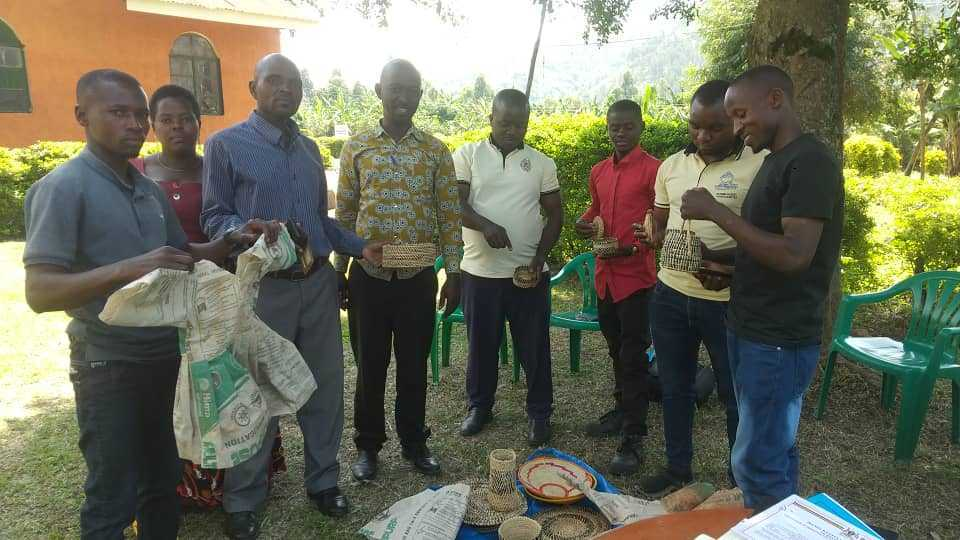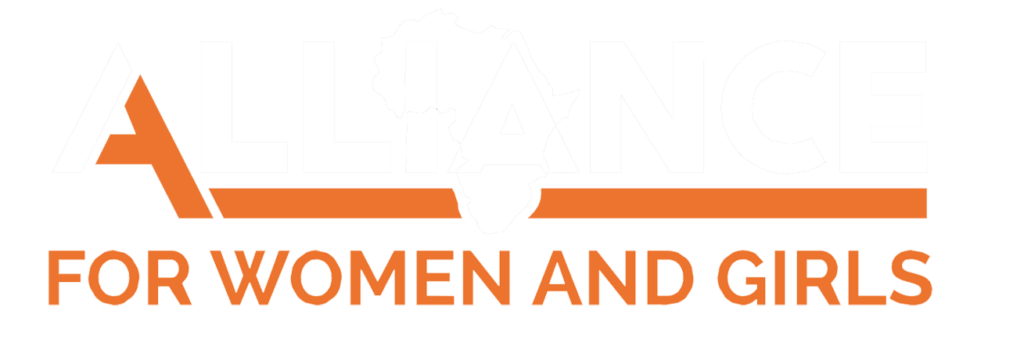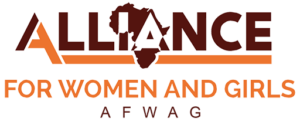
In the remote hills of Uganda’s Rwenzori region, where decades of civil war have left communities shattered and vulnerable, Edson Mughongho refuses to accept that another generation of girls should be lost to poverty and exploitation.
His organisation, the Ibanda Girl Child Care Initiative (IGCCI), operates from a modest headquarters in Kasese district, an area that has endured nearly 25 years of brutal conflict.
Here, in one of Uganda’s most marginalised regions, three-quarters of the population live below the poverty line, and desperate families often sacrifice their daughters’ futures for immediate survival.
“When families are struggling to put food on the table, girls are the first to be pulled out of school,” explains Edson, whose organisation has become a lifeline for vulnerable children across Busongora North. “Some are married off before their 18th birthday. Others are forced into child labour. We’re fighting to give them back their childhood and their choices.”
The statistics paint a grim picture. Despite the region’s fertile land and abundant rivers, persistent drought and damaged agricultural infrastructure have created chronic food insecurity. Many families resort to child early and forced marriage as a survival strategy, while others send children into hazardous working conditions.
IGCCI’s approach is both practical and comprehensive. At their vocational training centres in Ibanda and Kyanya, young people aged 15-18 learn carpentry, tailoring, computer skills and catering. The instruction happens in both English and local languages, with music incorporated as a means of expression and healing.
“We don’t just teach them a trade,” says Edson. “We give them life skills, help them understand their rights and rebuild their confidence.”
The organisation has trained 200 young people annually since its founding in 2020, with particular focus on girls who have dropped out of school. Those under 14 are encouraged to return to formal education, with IGCCI covering their fees.
The success stories are modest but meaningful. Six children are currently sponsored in primary education and 15 in secondary school, while the organisation has published research on street children and conducted over 230 workshops reaching 3,600 community members.
For trained graduates, IGCCI provides follow-up support, helping form groups and offering financial assistance to start small businesses. The organisation has also built partnerships with international groups including Internet for Humanity and She is the First, though funding remains precarious.
The challenges are immense. Long-term funding is scarce, making it difficult to retain qualified staff who often seek better-paid opportunities elsewhere. Equipment and materials for training are limited, and providing loans or startup capital for graduates remains problematic.
Yet Edson and his team persist, driven by a vision of “a sustainable world where all women and children of most vulnerable, marginalised and disadvantaged families have equal opportunities to survive and thrive.”
The organisation’s impact extends beyond individual lives. By changing attitudes among local leaders, security personnel and media, IGCCI is gradually shifting community perceptions about vulnerable children’s rights and potential.
In a region where violent extremism and armed conflict continue to threaten stability, IGCCI represents something precious: hope rooted in practical action. Each girl who completes training and avoids early marriage, each child who returns to school instead of hazardous labour, represents a small victory against the cycles of poverty and exploitation that have defined the Rwenzori region for too long.
“We’re not just saving individual children,” Edson reflects. “We’re helping to build a different future for our entire community.”


